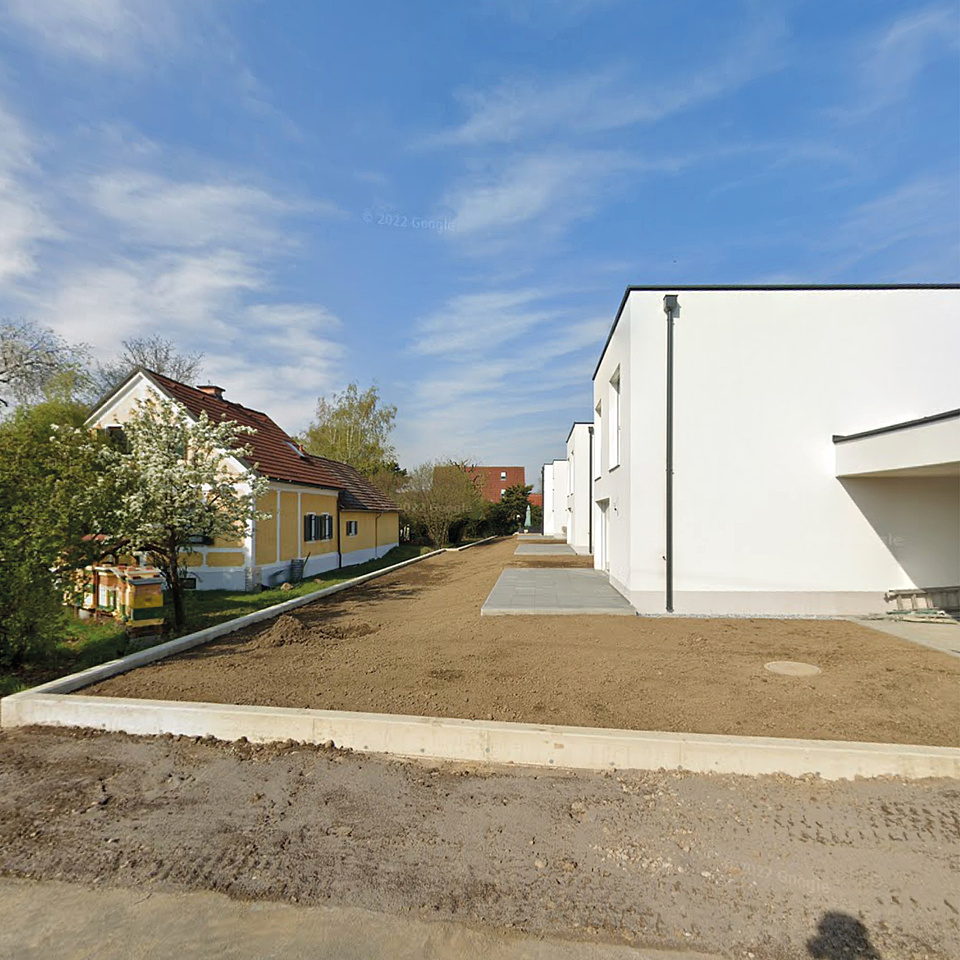VT Spatial Design: Wachstum ohne Bodenverbrauch?

Graz and the surrounding municipalities are growing: the influx of new residents, increasing living space, car-friendly settlement structures and a growing logistics industry are contributing to the fact that more and more soil is being sealed. However, healthy soils are an essential prerequisite for food security and clean drinking water, biomass production, water storage and filtration as well as biodiversity. They also play a key role in the fight against climate change, as they are the largest terrestrial CO2 reservoir on earth. By absorbing and storing water, they reduce the risk of floods, heat waves and droughts. The EU Soil Strategy therefore sets targets for the sustainable use of soil by 2050, with the goal of “net zero land take” playing an important role.
In this in-depth study, we look at how these conditions affect the municipality of Werndorf in the south of Graz. The influx municipality functions as a logistics hub, has a share of the Murauen and is located on valuable agricultural land. In order to reduce land consumption, a strategy and a conceptual settlement boundary are being developed to test municipal development within the “limits of growth” and how both processes and spatial qualities (must) change.
